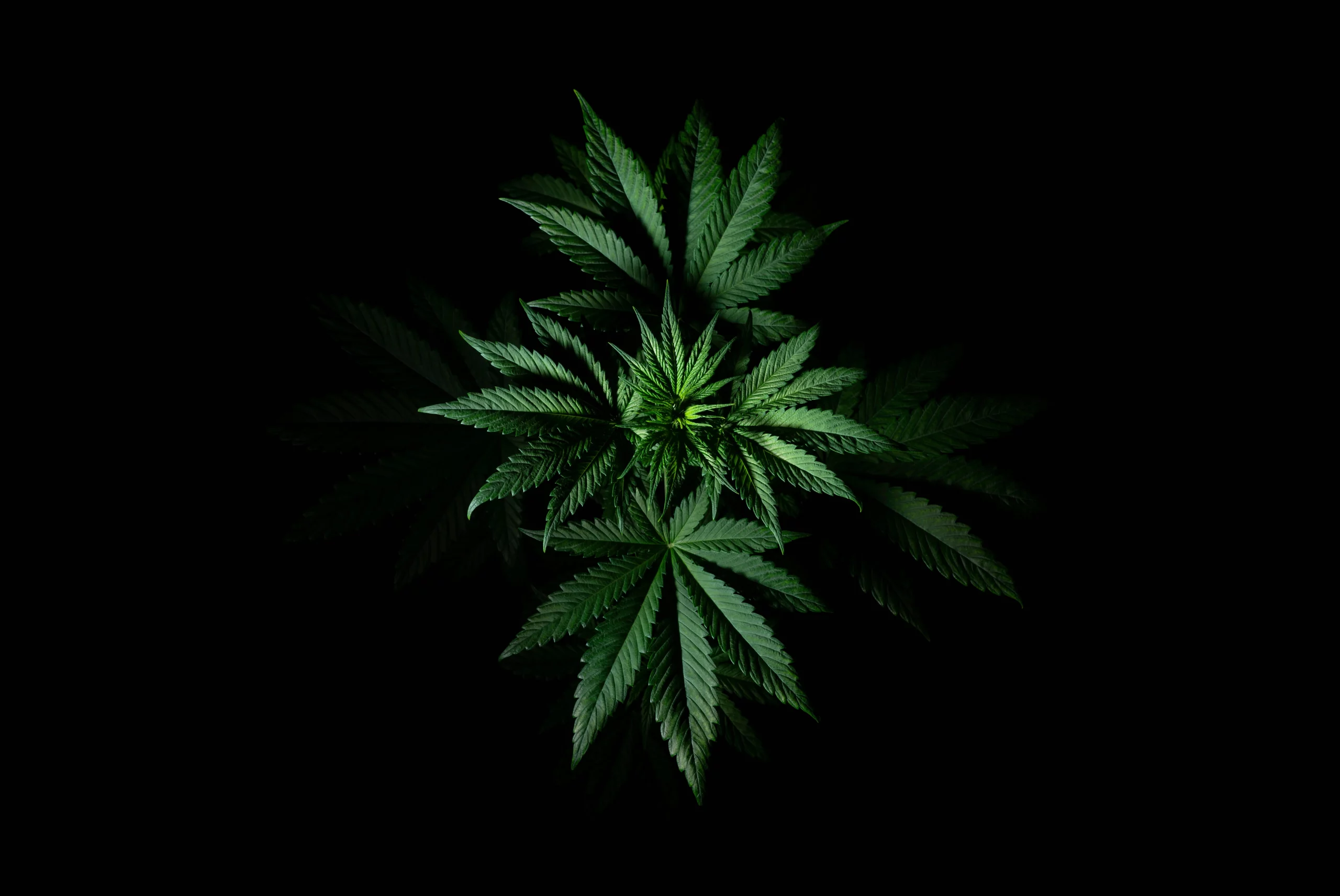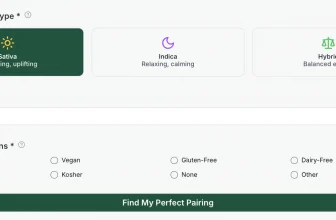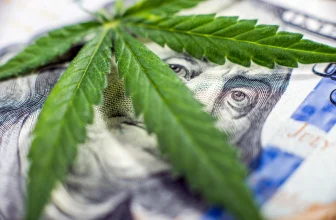
Looking to learn about THC-O? Read on. Every time you think you know all there is to know about tetrahydrocannabinol (THC), some variation of the famed cannabinoid comes along to humble you.
Enter THC-O, a new compound that’s attracting attention both for its synthetic nature and its effects. Below, we’ll dive into what THC-0 is, whether it gets you high, and some frequently asked questions you might have about it.
What Is THC-O?
Since the 2018 Farm Bill legalized hemp nationwide, the cannabis industry has been busy releasing new compounds to the market. Most cannabinoids have no intoxicating effects. However, THC and its variations usually do — and when THC-O hit the market in the last few years, a lot of curiosity sprung up about what it is and how it’s made.
What is THC-O? First off, it’s formally known as THC-O acetate — and that’s an “o,” by the way, not a zero. It’s in a class known as a “non-natural cannabinoid.”
Here’s the rub: even though THC-O is made from the hemp plant, which is federally legal, the compound THC itself is still federally illegal.
Lawmakers who crafted the Farm Bill likely didn’t anticipate that the cannabis industry would get to work on turning innocuous hemp, which at a maximum THC level of 0.3%, it has no problem with, into less innocuous compounds like derivatives of THC, which it very much does.
Unlike other compounds derived from hemp, such as CBD, CBN, and CBG, THC-O does not naturally exist in the plant.
How Is THC-O Made?
THC-O must be artificially synthesized using a somewhat questionable chemical called acetic anhydride, a highly flammable and toxic chemical that’s essential to making things like dyes, explosives, and plastics.
Chemists take CBD extracted from hemp’s vegetable matter and convert it into delta-8 THC. Using extreme care and specialized equipment — after all, the mix will explode if mishandled — they add acetic anhydride to the delta-8 THC to produce THC-O acetate. This molecule is an ester of THC.
Is THC-O Safe?
Great question. Presently, peer-reviewed scientific research on THC-O is almost nonexistent, so we really have no understanding of how it affects our health.
Anecdotal reports from users are illustrating but largely unhelpful since THC-O can come in a wide range of potencies and may affect your health in ways that aren’t immediately apparent.
Potency is the main issue at hand. THC-O may be up to three times as powerful as THC. Many companies selling THC-O products, buoyed by its ambiguous legality as a new compound, will magnify its potency to appeal to consumers.
According to cannabis researcher Dr. Ethan Russo, M.D., THC-O is not recommended. Dr. Russo cites the high potency of these products and the associated risks, one of which is vasovagal syncope — in other words, a too-high THC dose leads to a rapid drop in heart rate, blood pressure, and (ultimately) consciousness.
Taking THC-O products with unknown potency can lead not only to anxiety and paranoia but also to toxic psychosis — a poisoning that leads to hallucinations, delusions, and overall psychotic symptoms of insanity. This can last for hours and, provided you’re not cared for, can lead you to harm yourself.
With high potency also comes the possibility of “cannabinoid hyperemesis syndrome,” in which THC exposure no longer helps things like nausea and vomiting and instead causes them.
Dr. Russo’s takeaway for THC-O: “Don’t go there.”
However, time may side in THC-O’s favor. Research needs to be completed before we can say definitively that THC-O is safe or dangerous. If you choose to experiment with it before that research comes out, do so with small doses and buy from reputable companies.
Is THC-O Legal?
Another great question, and an interesting one. The answer is:
…yes?
THC-O lives in a gray legal area. It’s not technically THC, which is illegal, but it’s pretty darn close. The Federal Analog Act, passed in 1986, states that any chemical that’s “substantially similar” to a Schedule I or II controlled substance should be treated as illegal.
For now, it’s not really illegal. Soon it may be.
Does THC-O Get You High?
Yes. THC-O is more potent than regular THC, and users report that it also delivers a more psychedelic experience than THC. Some report it is a more spiritual experience as well.
THC-O takes some time to metabolize since it is a fat-soluble compound. Most THC-O products are in the form of gummies (slow activation), vape cartridges (fast activation), and tinctures (fast activation).
Note that THC-O is likely up to three times more potent than regular THC, so take care with your dosage.
FAQs
Is THC-O made from marijuana?
No. THC-O comes from the hemp plant. The marijuana plant differs from hemp in that it contains naturally high amounts of THC. To get THC-O out of hemp, producers have to perform a fairly complex chemical process.
Is THC-O natural?
No. THC-O is a synthetic cannabinoid. It does not occur naturally in either hemp or marijuana.
Is THC-O safe?
As of now, there is practically no research on THC-O or whether it’s safe. Because of this, it’s best to proceed with caution and stick with natural cannabis products.
What is a THC-O high like?
THC-O is stronger than regular THC, and its psychoactive effects are significantly different. For many users, the result is a high that’s almost psychedelic and hallucinogenic. Because of this, it’s advisable to proceed very slowly and in small increments when experimenting with THC-O.
Will THC-O fail a drug test?
Yes. In fact, it’s more likely you’ll fail a drug test on THC-O than on regular THC. That’s because, being an acetate of THC, it will break down into the metabolite scanned for by drug tests.
Is THC-O stronger than Delta-8 THC?
Yes, THC-O is a great deal stronger than both regular THC and its delta variants, delta-8 and delta-10. Because of this, it is wise to start small and see what the effects are. Users report that it produces a more spiritual, borderline hallucinogenic high. Different people will experience different effects, though.







Looking for advice. I have harvested my crop and want to make some infused MCT oil. What is the ratio (in grams) of dried, decarbed weed to miliiters of MCT oil that I should use?